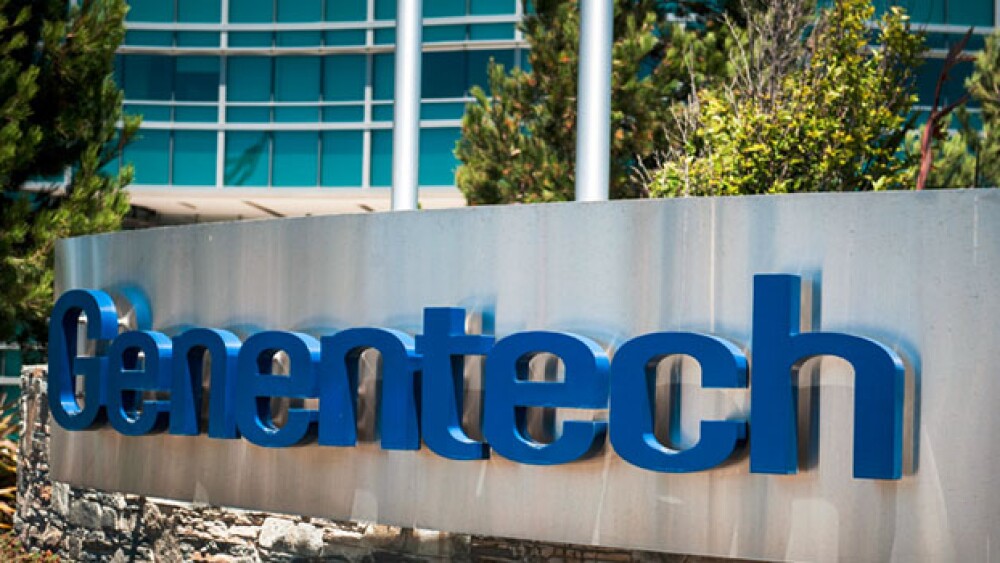Genentech is slashing 223 jobs at its South San Francisco headquarters, according to a Worker Adjustment and Retraining Notification posted on a California state government website. The layoffs will go into effect on Aug. 31, according to the WARN posting.
Genentech is slashing 223 jobs at its South San Francisco headquarters, according to a Worker Adjustment and Retraining Notification posted on a California state government website. The layoffs will go into effect on Aug. 31, according to the WARN posting.
Little motivating detail was provided behind the layoffs. A company spokesperson told FiercePharma that success at Genentech depends on the company’s ability to “respond to change, appropriately allocate resources and manage our operations efficiently.” The spokesperson added the layoffs followed a “business evaluation” and are expected to be complete by the end of November. Employees affected by the layoffs will be provided with financial benefits, extended insurance coverage and job placement assistance, the spokesperson also told FiercePharma.
Last year Genentech cut 130 jobs at a facility in Vacaville, Calif. Those layoffs also came after the company performed a “detailed operational analysis.”
“We are making this change in response to current and anticipated production requirements, the volumes required for some of our new medicine formulations, and shift schedule adjustments,” BioSpace reported a Genentech spokesperson saying at the time of the layoffs last year.
Genentech, a division of Swiss pharma giant Roche, has reported a number of positive gains from its varied experimental therapies. Most recently the company snagged a Breakthrough Therapy Designation for its food allergy treatment, Xolair. Phase II data showed that more than 80 percent of children on the treatment were able to tolerate ingesting two-gram portions of at least two foods to which they were allergic. Also, a flu drug being developed by the company showed promise in a late-stage trial. Genentech’s baloxavir marboxil, an investigational oral, single-dose antiviral demonstrated significant efficacy in helping patients in high-risk populations recover from the flu.
Earlier this summer, Genentech’s anti-PD-L1 immunotherapy drug Tecentriq enabled some lung cancer patients in a Phase III trial to live significantly longer than chemotherapy alone. The study paired Tecentriq (atezolizumab) with the chemotherapy drugs (carboplatin and Celgene’s Abraxane) and was tested as a first-line treatment in patients with advanced non-squamous non-small cell lung cancer.
While Genentech has seen some positives, parent company Roche is preparing to fend some of its key drugs from biosimilar competition. Earlier this year a GlobalData report showed that biosimilar competition in Europe to cancer treatment Rituxan was available at a discounted cost of 10 to 15 percent. GlobalData also noted that another Roche blockbuster, breast cancer drug Herceptin, will face up to five biosimilar treatments in Europe by the end of this year.
In the U.S., Roche got a little bit of breathing room when the U.S. Food and Drug Administration (FDA) rejected Novartis’ biosimilar to Rituxan. Sandoz, the Novartis subsidiary developing the treatment, is seeking further discussions with the FDA in an attempt to redress the Complete Response Letter.
Click here to see thousands of life science jobs on BioSpace’s job board.





